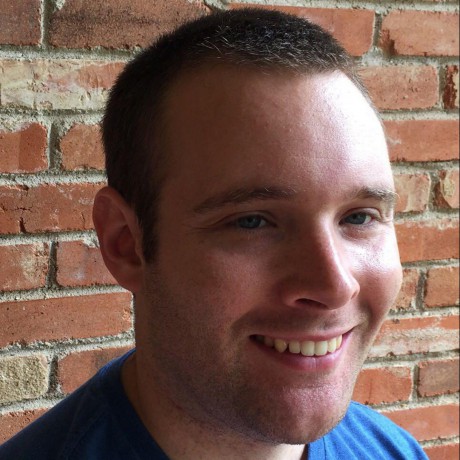Last night, I read a short essay by management guru Peter Drucker, Managing Oneself. While not a manager myself, my colleagues and folks on Twitter recommend his writings often enough that I decided they were worth a read.
At first, I was put off by the impersonal tone, generic advice, and questionable facts without sources. It felt like an unwelcome lecture from my grandfather.* However, my attitude shifted when Drucker shared a story from his early working days - in the 1930s! He wrote the essay in 1999, which means he lived and worked through both world wars and the great depression and experienced first hand all of the shifts in workplace culture and career trajectories over six decades that created the culture we live and work in today.
That realization was enough to convince me to try one of the practices suggested in the essay. In fact, this is the most important practice he recommends and one he personally practiced for 20 years. Best of all, it only takes 2-3 years of consistent practice before you begin to experience the incredible benefits.
Stop for a second, and re-read that last sentence. No really, I’ll wait…
Only two to three YEARS! That was the most striking part of the essay to me. For many people in the always-on, same-day delivery, streaming on-demand, glued to your phone era, 2-3 years is an unfathomable amount of time to wait for results. If you’re like me and don’t see progress in 2-3 weeks, you’re ready to abandon your current efforts and try a different approach. We must fight to overcome the short-term thinking culture that bombards us every single day!
Anyways, enough ranting, here is how Drucker describes the practice:
The only way to discover your strengths is through feedback analysis. Whenever you make a key decision or take a key action, write down what you expect will happen. Nine or 12 months later, compare the actual results with your expectations. I have been practicing this method for 15 to 20 years now, and every time I do it, I am surprised.
The key benefit he gives for following this practice is identifying your strengths, so that combined with knowing your personal values, you can make career an life decisions that put you in a position to perform your best and make your greatest possible contribution to the world in a way that you find fulfilling. Sounds pretty sweet, doesn’t it?
The appeal of this practice is that it is not stress-inducing, unlike setting goals for yourself. You make a decision, then follow-up far enough in the future to observe whether or not your decision led to the desired outcome. You can’t fail at decision tracking, but you can fail to achieve your goals. Learning that your decision did not have the expected outcome is as valuable as learning that it did. Not achieving your expected outcome doesn’t mean the outcome was bad - it could mean a different, and perhaps better, outcome.
Ok, this is a low-effort, low-risk activity, I’m willing to give it a try for the next 3 years. Yup, I said three years. Feel free to hold me to that claim.
Key Decision #1: Post all my key decisions on this blog
Every time I make a key decision, I will write about it on my blog, along with the rationale and expected outcomes. Additionally, for every key decision I make, I will set a calendar alert to review the decision 9 months from the date of the decision. The following are my expected outcomes for this decision:
- Anyone, anywhere, at any time can hold me accountable for following through with a key decision.
- Because I am publicly declaring my intentions, it encourages me to commit for fear of someone calling me out in public.
- Posting on my blog will serve as a periodic reminder to continue the practice. It easy for me to become distracted and forget.
- The calendar reminder will ensure I don’t forget to review past decisions.
There are many other great insights in the essay that I haven’t mentioned in this post, and I encourage you to read it yourself and form your own opinions.
Convinced? If you decided to track your key decisions, please write about them and share them with me! I would love to hear about what key decisions you are making.
*Both of my grandfathers passed before my third birthday, so I have no idea know what it’s like to get sage advice from your grandfather.

